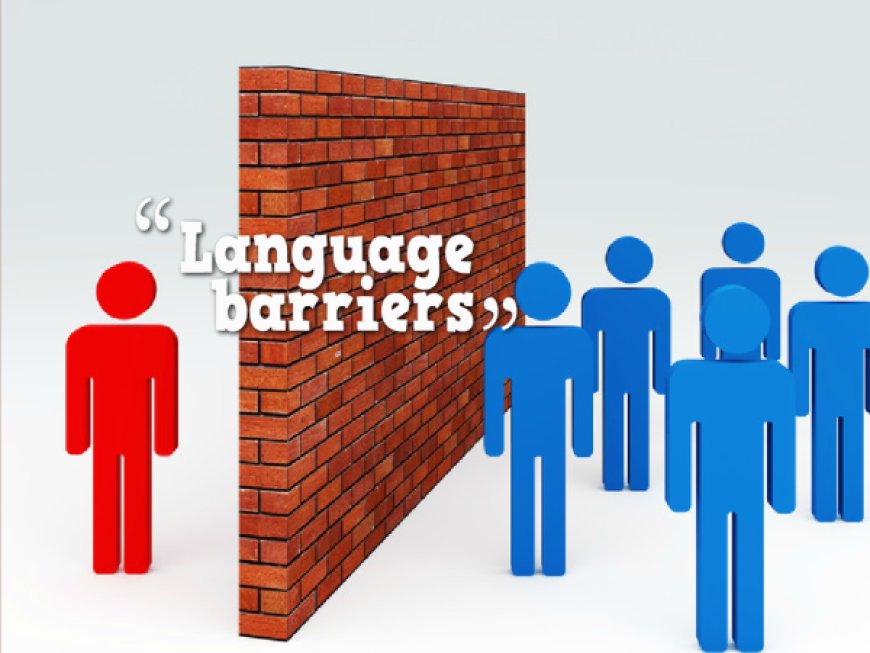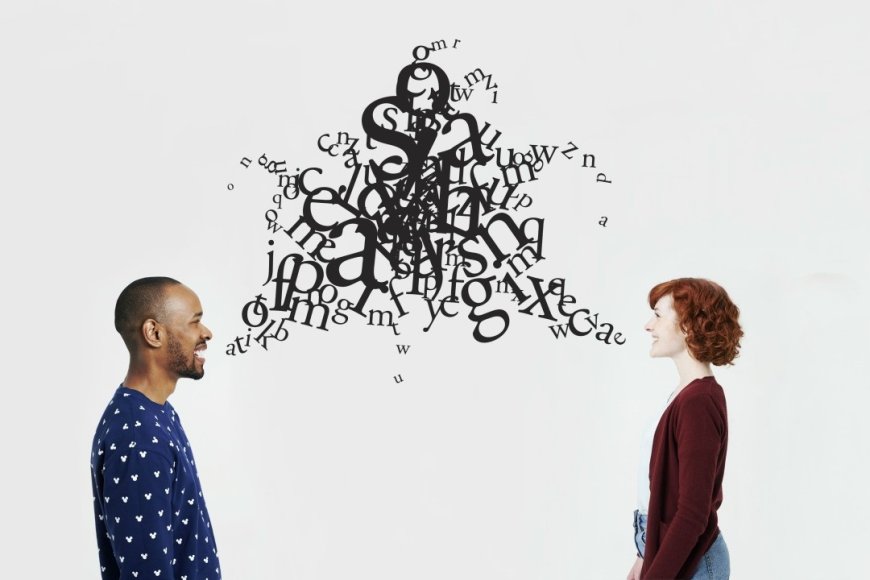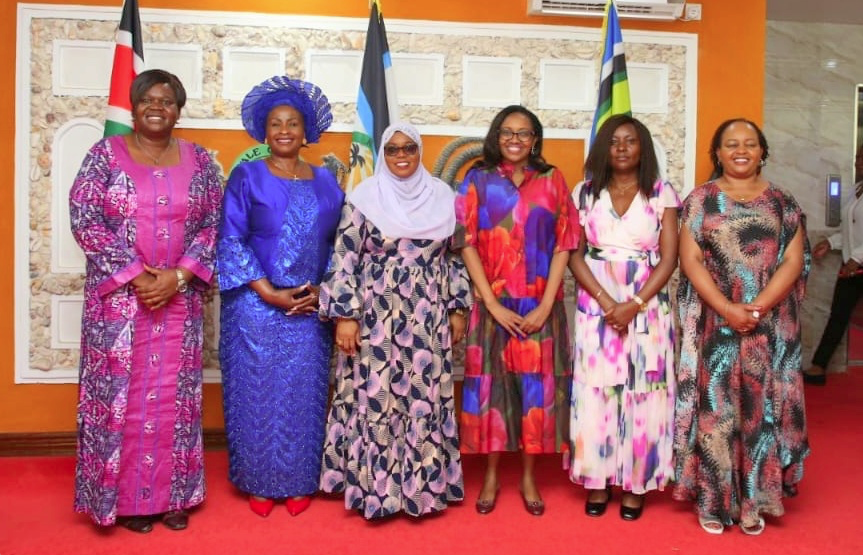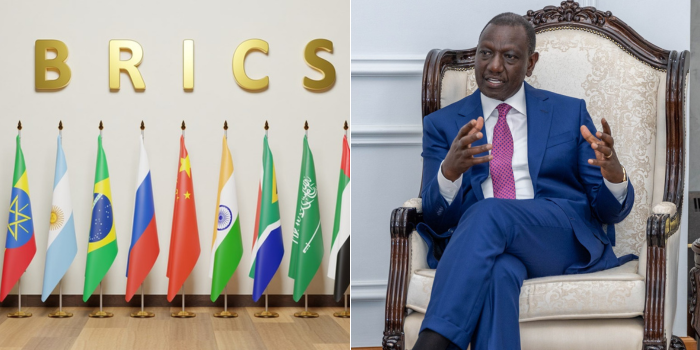Lost in Translation: When 'Go Home' Sounds Like 'Hello
This article delves into the nuances of communication, particularly focusing on how language barriers can lead to misunderstandings, using the phrase "Go Home" mistakenly interpreted as "Hello." Through personal anecdotes and relatable scenarios, the article highlights the importance of context, tone, and intention in our everyday interactions. It emphasizes that beneath language differences, human connections are universal, reminding us that empathy and patience are key to bridging communication gaps.

Lost in Translation: When 'Go Home' Sounds Like 'Hello'
Communication is an intricate dance, a blend of words, tone, and context that conveys our thoughts and emotions. Yet, in our diverse world, this dance can sometimes trip us up, leaving us lost in translation. Imagine a bustling café in a foreign city, where the rich aromas of coffee mingle with the chatter of patrons. You're attempting to make small talk with a local, and in your eagerness, you mishear or misinterpret a phrase. Instead of “Hello,” you hear or say “Go Home.”
It's funny, really—the gap between the intended message and its reception is often a source of laughter, frustration, or even embarrassment. But at its core, this phenomenon underscores a profound truth: communication goes beyond mere words.
Consider my own experience during a solo trip to Japan. Eager to immerse myself in the culture, I attempted to greet shopkeepers and locals with the few Japanese phrases I had committed to memory. One day, while browsing a vibrant market, I enthusiastically stepped up to a vendor, hoping to say “hello.” In my excitement, I greeted her warmly, mistakenly translating “hello” from my notes into something that sounded close, but ended up being a confusing jumble.

The vendor looked momentarily puzzled before bursting into laughter. Instead of the anticipated exchange of pleasantries, my attempt at a greeting had translated into something that might have suggested: “go home!” A good-natured chuckle broke the ice, and we shared a moment of understanding that transcended our linguistic divide.
This experience highlights the essential role of tone, body language, and situational context when it comes to communication. Although language provides a framework for our conversations, it’s the subtleties of expression that truly convey meaning. When I mispronounced that phrase, the laughter exchanged between the vendor and myself transformed what could have been an awkward moment into an opportunity for connection.
Imagine if we approached language barriers with a sense of humour and openness. Instead of avoiding conversation out of fear of miscommunication, we could view vulnerabilities as a chance for deeper interaction. Every misstep becomes an avenue for shared smiles and even friendships. After all, don't we all stumble through life trying to make connections in our own, sometimes clumsy, ways?
Moreover, the emotional context of communication cannot be ignored. In moments of misunderstanding, patience and empathy can help us navigate through the confusion. When we recognize that every individual brings their own story, culture, and perspective, we soften the rigidity of language and allow for authentic connection.
During my time in Japan, I found that even without perfect language skills, gestures, smiles, and a willingness to learn from one another bridged the gap. Every instance where I misinterpreted or mispronounced something led to laughter, which turned into mini-lessons about language and culture, surprising me with new insights I couldn’t have grasped otherwise.
As you navigate your own interactions, remember this: communication isn't just about words—it's about the emotional resonance behind those words. Embrace the inevitable slip-ups and misinterpretations. Remember that sometimes “Go Home” can sound a lot like “Hello.” In the end, it’s the connections we forge, despite our differences, that truly define our shared human experience.
So next time you find yourself lost in translation, smile. It’s a chance to foster understanding, connection, and perhaps a few new friendships along the way.
What's Your Reaction?





































































































